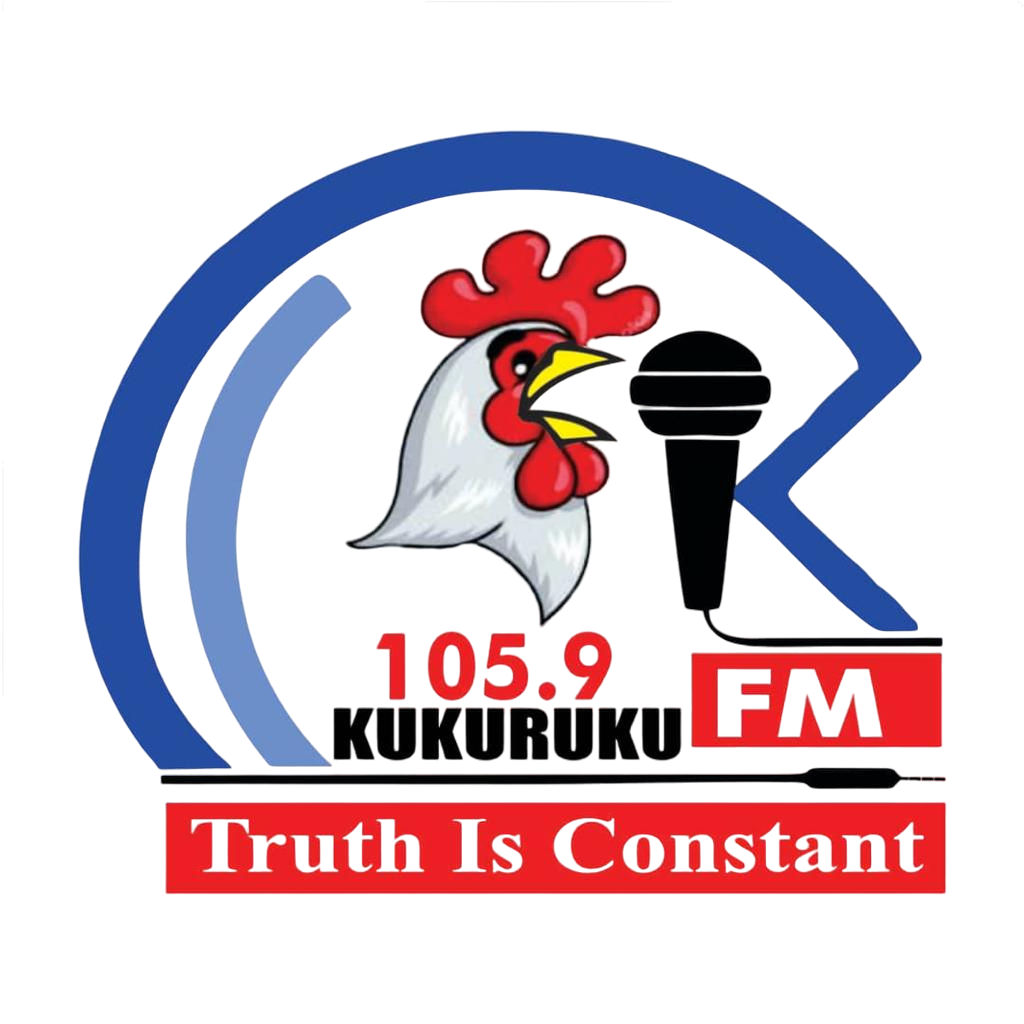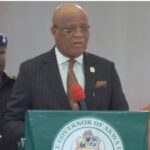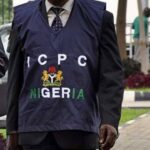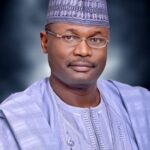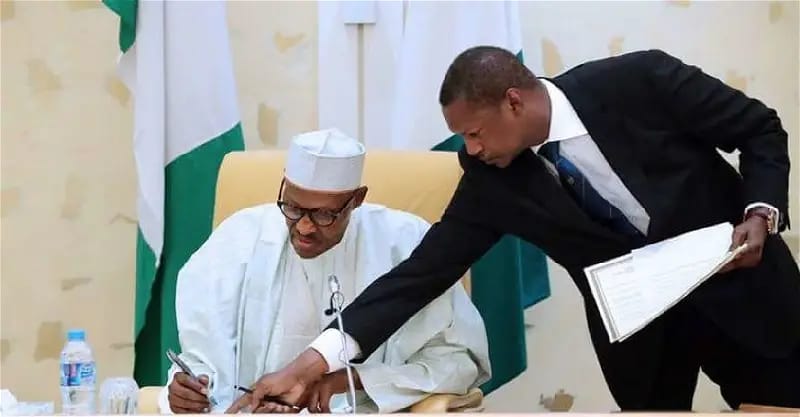A prominent lawyer, Adeyinka Olumide-Fusika SAN, has upbraided the Attorney General of the Federation and Minister of Justice, Abubakar Malami, SAN for public display of his ballot papers indicating the party he voted for in last Saturday’s election.
Malami found a company in President Muhammadu Buhari who was the first to openly display his ballot papers indicating the candidates he voted for at his polling unit in his Daura, Katsina State hometown.
Senator Orji Uzor Kali, and Benue State governor, Samuel Ortom also engaged in a similar display.
The action had drawn flak from lawyers who argued that such a display amounted to a violation of the 2022 Electoral Act.
They opined that such a display was enough to void their votes.
Olumide-Fusika on the Morning Show on Arise Television said the president may have his reason for the display, but it does not remove the fact that it was wrong as it was supposed to be a secret ballot.
But Malami insisted that he complied with all extant laws and did not act in contravention of any provision(s) of the law in respect of the 2023 poll.
Earlier, INEC’s National Commissioner in charge of Voter Education and Publicity, Festus Okoye, cautioned that, “No one will be allowed to take his or her phone to the voting cubicle” and that the law prohibits the display of ballots by voters, adding that, “officials of the ICPC, EFCC and security agencies will be on hand to monitor and ensure that the law in that respect is not violated.”
But Messrs Buhari and Malami were seen displaying their ballot papers after casting their votes for the APC to show who they voted for.
They opined that such a display was enough to void their votes.
Olumide-Fusika on the Morning Show on Arise Television said the president may have his reason for the display, but it does not remove the fact that it was wrong as it was supposed to be a secret ballot.
But Malami insisted that he complied with all extant laws and did not act in contravention of any provision(s) of the law in respect of the 2023 poll.
Earlier, INEC’s National Commissioner in charge of Voter Education and Publicity, Festus Okoye, cautioned that, “No one will be allowed to take his or her phone to the voting cubicle” and that the law prohibits the display of ballots by voters, adding that, “officials of the ICPC, EFCC and security agencies will be on hand to monitor and ensure that the law in that respect is not violated.”
But Messrs Buhari and Malami were seen displaying their ballot papers after casting their votes for the APC to show who they voted for.
The Attorney General of the Federation, Malami, however, in a statement issued by Dr. Umar Jibrilu Gwandu, Special Assistant on Media and Public Relations said that he was not in breach of any law.
He argued that it is important to educate the general public that the section of the Electoral Law is referred to talks about individuals attempting to “obtain in a polling unit, information as to the candidate for whom a voter in that place is about to vote for or has voted”.
Section 122(3a)and (3b) provides: (3) No person shall— (a)interfere with a voter casting his or her vote, or by any other means obtain or attempt to obtain in a polling unit, information as to the candidate for whom a voter in that place is about to vote for or has voted for; or
(b) communicate at any time to any other person, information obtained in a polling unit as to the candidate to whom a voter is about to vote or has voted for”
The laws were referring to a third-party individual seeking information about another voter’s choice and disclosing to others the obtained information of a third-party choice.
”Section 122(3)(b) prohibits third party individual to “communicate at any time to any other person “information obtained” in a polling unit as to the candidate to whom a voter (someone else) is about to vote or has voted for”
‘The law does not contemplate putting restrictions on individuals revealing by themselves and out of their own volition, of candidate(s) they voted for.
“Moreover, the freedom of expression and right to belong to lawful associations are constitutionally guaranteed rights as contained in Sections 39, 40, and 42.
In his reaction to the development, one of the lawyers, Mr. Babatunde Fashanu, SAN, said that the President’s action was wrong because the exercise was secret balloting.
Fashanu said, “It’s a secret balloting, you are supposed to go there, do your voting in secret, and drop the paper and nobody is supposed to see who you voted for.’’
He added that as the President, it was not right for Buhari to show the ballot paper to show his candidate.
He stated, “It was wrong of the President to do that, but whatever is the reason why he did that, it is not a justification for him to show whom he voted for. It is not done, I am clear on that; it’s wrong. It’s illegal. What he did is uncalled for.”
Talking about the governors, if it’s true that some of them were on their phones, definitely that’s against the INEC regulations. When we are talking about voting, everybody is equal.
“But even if that is done, you are not supposed to breach the rule that says don’t take phones there. You are not supposed to do it because when it comes to voting, the governors, president, and everybody are equal in that area.
“My view on it is that if it happened, it’s a bad example and it’s illegal. But then, I don’t think anybody will go to the tribunal and say that because the governor was there with a phone, they should nullify the election of that polling unit.
